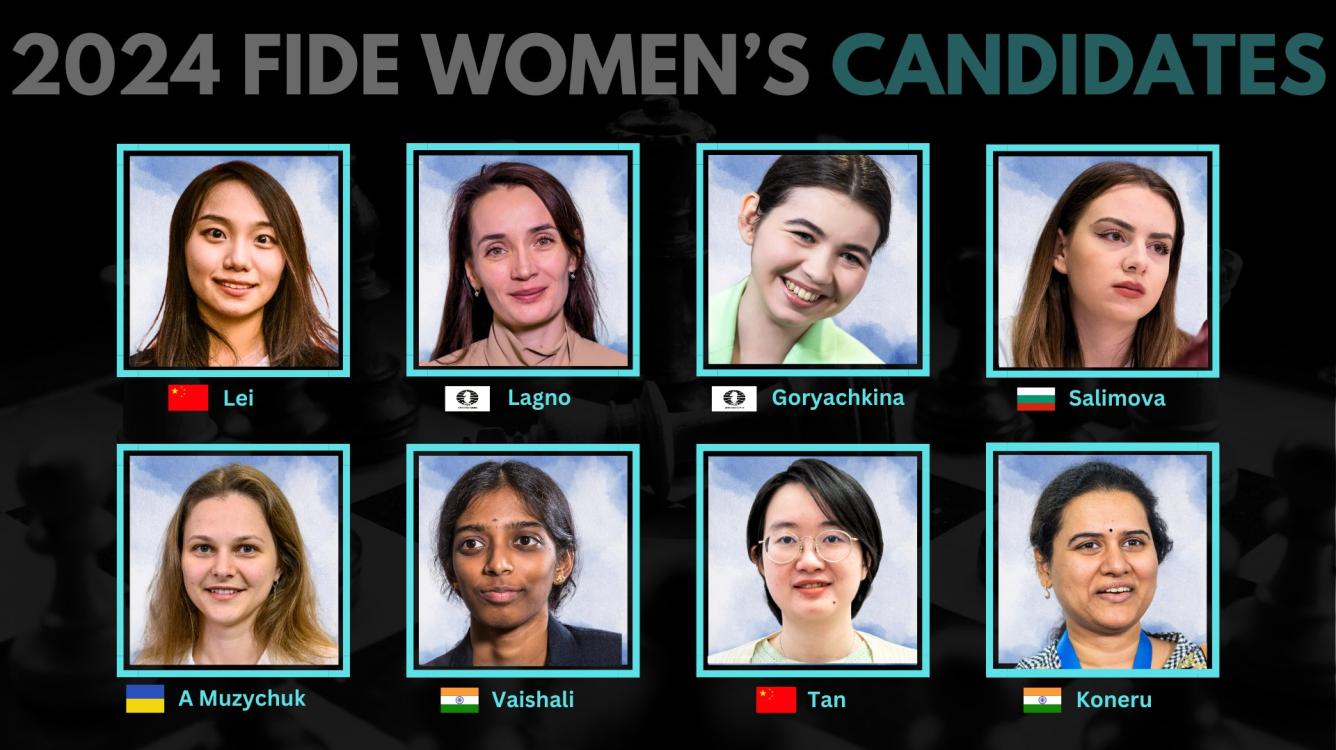
FIDE Reveals Shorter Games For Women In the Candidates
There is no drama, and all the players have been consulted—that was the message from the world chess federation FIDE to dampen down any suggestion of controversy after the new regulations were released for its flagship Candidates tournament.
What FIDE's director general GM Emil Sutovsky was referring to was a detail that raised eyebrows this week: the organizers had revealed shortened time controls will be used in the Women's event, compared to the male-dominated Open.
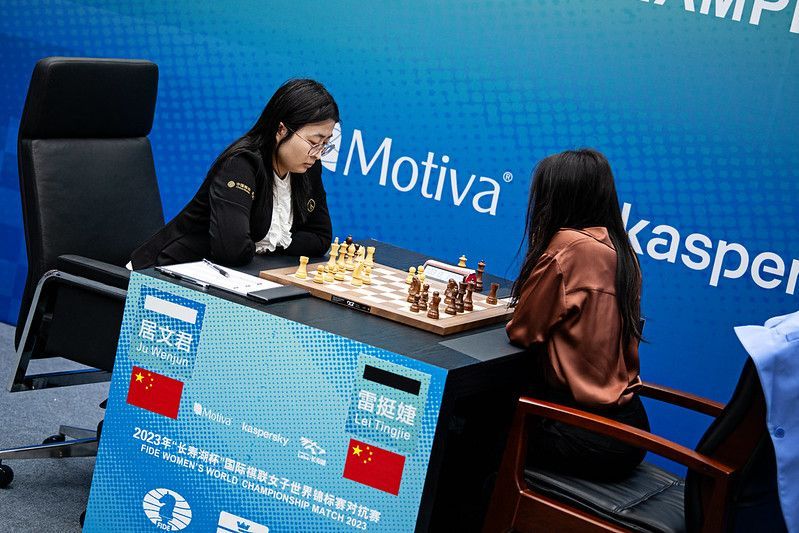
The two Candidates tournaments are the final eliminators for the world championship match and two of the most prestigious events in the chess calendar. The winner of the Open goes on to face the classical world champion and the victor in the Women's will take on the women's world champion.
For the first time, the two eight-player double round-robin tournaments will be taking place this April concurrently under one roof in the Great Hall in Toronto, Canada. But that's where the similarities end.
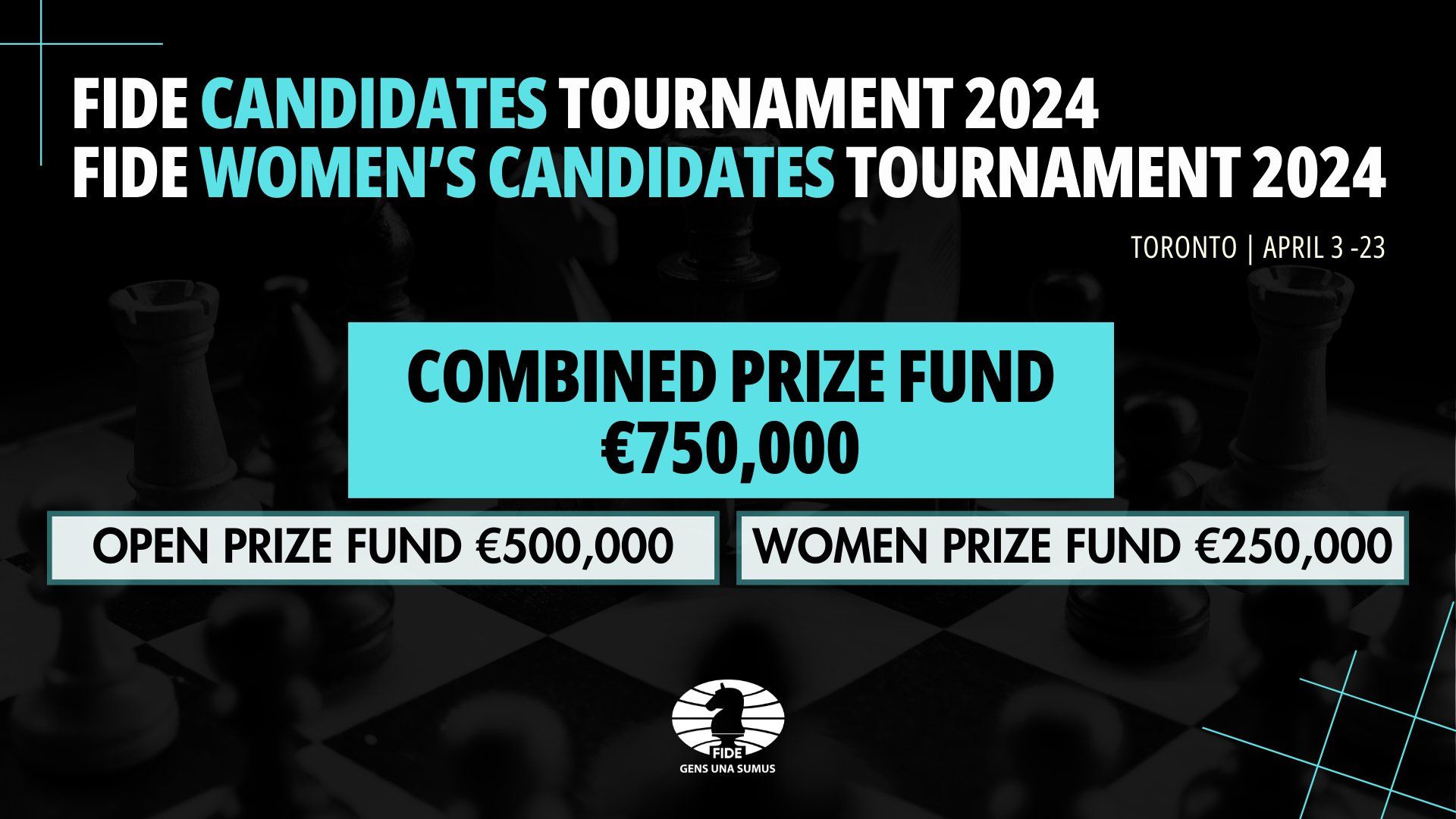
According to the rules, games in the Women's Candidates will be 90 minutes for the first 40 moves, followed by 30 minutes for the rest of the game, with a 30-second increment per move starting from move 1.
Meanwhile, the Open section will stay at 120 minutes for the first 40 moves, followed by 30 minutes for the rest of the game, with a 30-second increment per move starting from move 41. That could mean significantly shorter and less grueling games in the Women's event.
At first glance, that may seem puzzling. Why should the women's section have a different set of rules to the Open, which this year is another all-male contest?
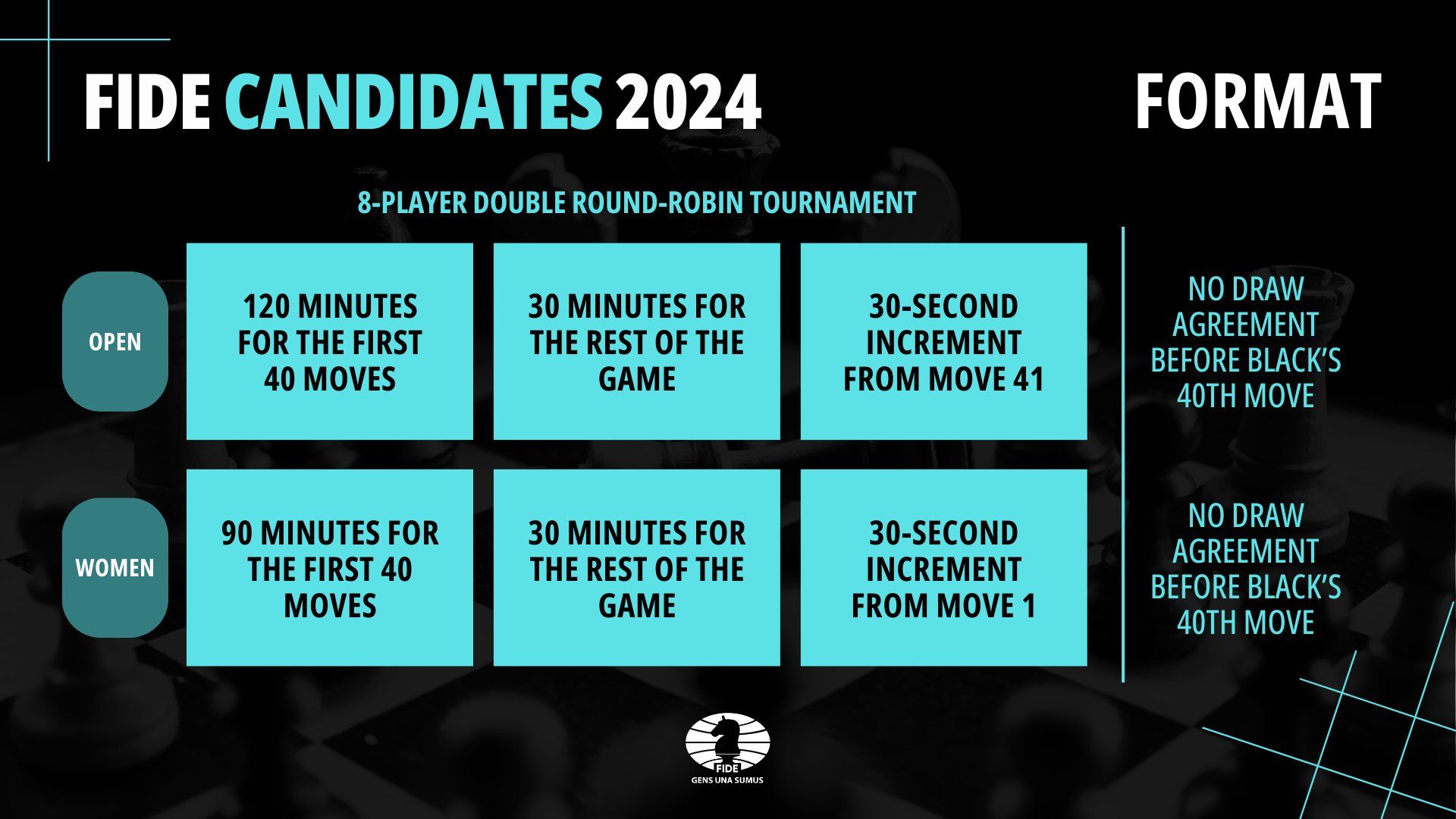
The first reactions on social media also asked that question, with comments ranging from "truly baffling" and "what is wrong with you guys?" to "FIDE outfideing FIDE."
Many, however, were generally in support. Several pointed out that shorter matches also take place in tennis grand slams, where women compete over three sets and men over five.
On his personal account, Sutovsky was quick to play down any drama, revealing the decision on time controls was taken after consultation with both sets of players.
Considering the time control in FIDE Candidates:
— Emilchess (@EmilSutovsky) January 16, 2024
Participants of Women's event unanimously voted for the 90+30 time control, clearly preferring it over the one used in Open event. They were given a choice.
Stop looking for drama, please.
The German number-one in women's chess, GM Elisabeth Paehtz, gave further insight into the decision, suggesting the change was made for "energy level reasons:"
Back in 2019 during the women candidates in Kazan some players stated that the tournament schedule is very exhausting. I think back this time, they had the longer time control. So they cut it in the womens section for energy level reasons.
— ElliPaehtz (@ElliPaehtz) January 15, 2024
However, International Arbiter Chris Bird pointed out that the same time control was used at the tournament Paehtz was referring to, the 2019 Women's Candidates in Kazan, Russia, won by GM Aleksandra Goryachkina.
Questions were also raised about the potential problems of having two tournaments at the same venue using different time controls, and the confusion that could cause among viewers.
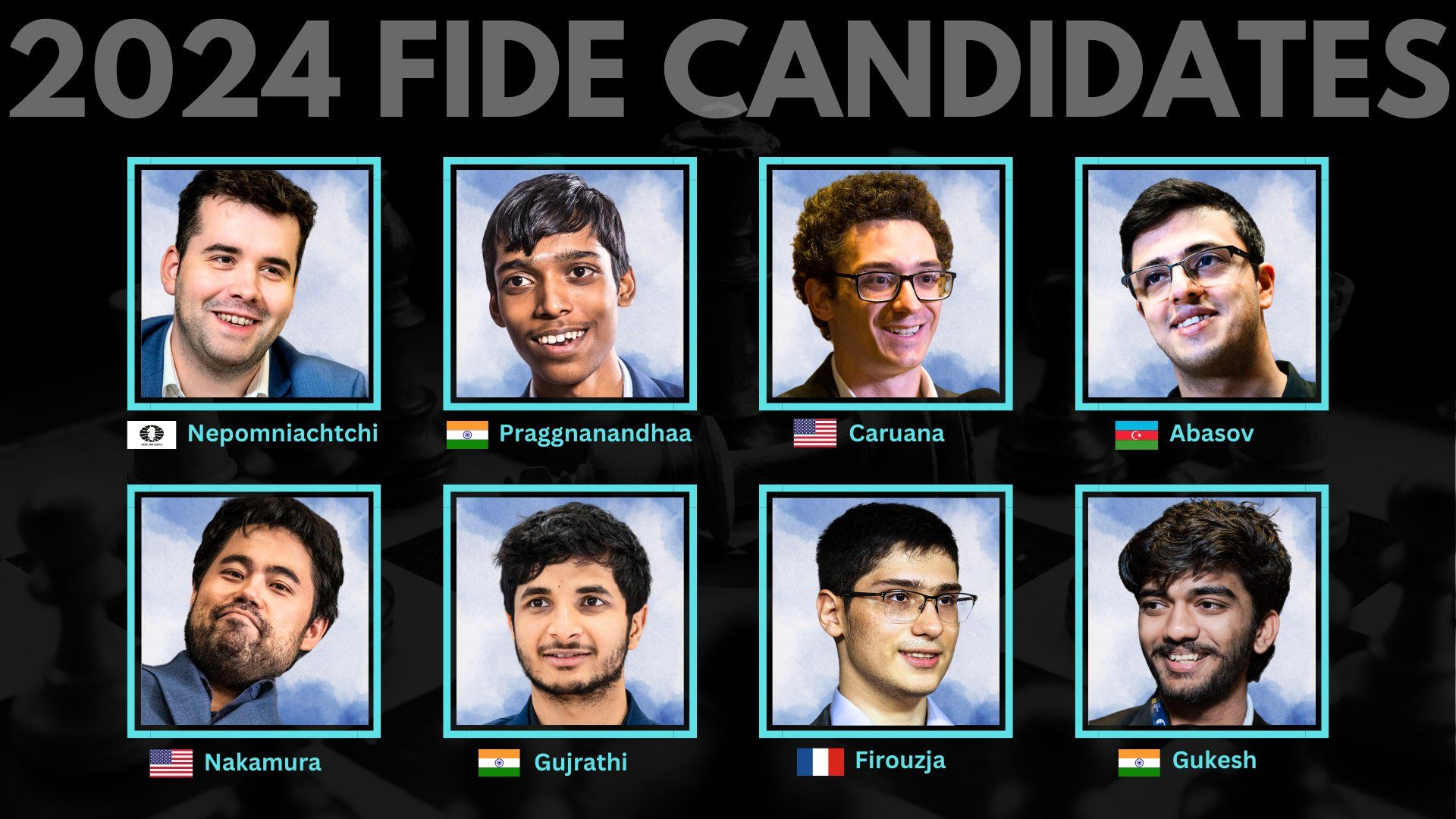
GM Peter Heine Nielsen, a frequent critic of FIDE, said on X: "Having tournaments in the same hall, but with different time-controls, creates the risk of disturbing the players. Time pressure naturally leads to some commotion. Different time controls are fine, but have different venues then."
Again, Sutovsky responded: "It is a very minor inconvenience, if any. If you were not looking for negative side as always, you could point out that commentators can now better focus on critical phase of the game both in open and women. Also for media—if games end at the same time, you will miss a lot."
It’s notable that the FIDE Women’s Candidates was changed completely in 2022, when FIDE made it a knockout played in three countries to avoid Russian and Ukrainian players clashing during the war. This time, no such change has been made, with Ukrainian GM Anna Muzychuk set to face Russian GMs Kateryna Lagno and Goryachkina.
FIDE has proclaimed the Toronto Candidates a "double first" for chess—the first time the Candidates are held in North America and the first time that both the Open and the Women's Candidates tournaments take place together.
It will be held from April 3 to 25. The prize fund will be €500,000 ($543,000) for the Open and €250,000 ($271,000) for the Women's event.
The winner of the Open will go on to face GM Ding Liren for the world championship, while the winner of the Women's event will go on to face the reigning women's world champion GM Ju Wenjun.

